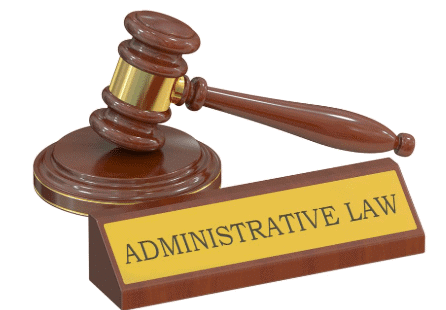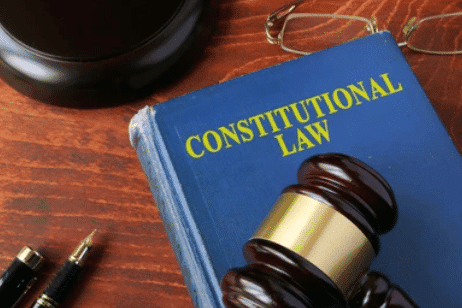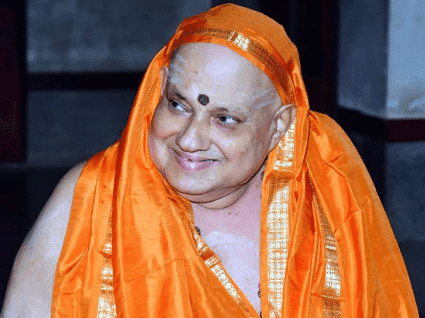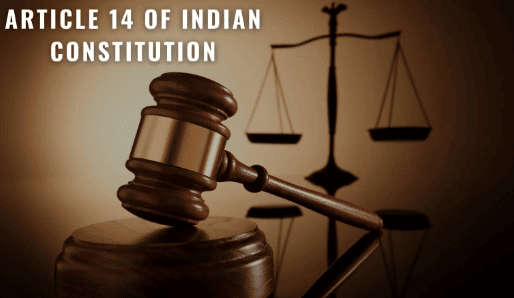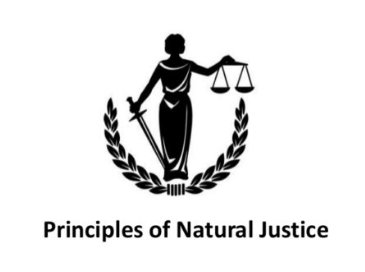|
Administrative law primarily deals with the actions of ___ and their impact on the rights of citizens. |
Card: 1 / 32 |
|
True or False: Administrative law and constitutional law serve the same purpose in regulating government actions. |
Card: 3 / 32 |
|
False. Administrative law focuses on the day-to-day functioning of government agencies, while constitutional law governs the broader framework of governance and citizen rights. |
Card: 4 / 32 |
|
The delegation of power in administrative law allows agencies to make decisions in areas such as ___ and ___. |
Card: 5 / 32 |
|
Administrative law allows for more flexibility and delegation, which helps in ___ governance. |
Card: 7 / 32 |
|
True or False: Administrative law does not provide mechanisms for ensuring accountability of government authorities. |
Card: 9 / 32 |
|
False. Administrative law provides mechanisms like judicial reviews and tribunals for ensuring accountability. |
Card: 10 / 32 |
|
The types of administrative actions include Administrative Legislative Action, Quasi-Judicial Action, Simply Administrative Action, and Ministerial Action. |
Card: 12 / 32 |
|
The rule of law ensures that all government actions are grounded in law and that the government cannot act ___. |
Card: 13 / 32 |
|
True or False: The doctrine of separation of powers divides government functions into three branches to avoid concentration of power. |
Card: 15 / 32 |
 Unlock all Flashcards with EduRev Infinity Plan Starting from @ ₹99 only
|
|
The rule of law was recognized as part of the ‘basic structure’ of the Indian Constitution in the ___ case. |
Card: 17 / 32 |
|
What are the three types of bias that can affect decision-makers in legal contexts? |
Card: 19 / 32 |
|
The three types of bias are pecuniary bias, personal bias, and subject matter bias. Pecuniary bias arises from financial interests in the case outcome, personal bias stems from relationships such as friendships or family ties, and subject matter bias occurs when a decision-maker has prior involvement or opinions regarding the case subject. |
Card: 20 / 32 |
|
True or False: The principle of fair hearing guarantees that both parties in a case must be heard before a decision is made. |
Card: 21 / 32 |
|
True. The principle of fair hearing ensures that no one is condemned without being given the opportunity to present their case. |
Card: 22 / 32 |
|
Fill in the blank: The essentials of fair hearing include notice, opportunity to present case, and ___ . |
Card: 23 / 32 |
|
The right to defend oneself. This includes being informed of the case against them and having the chance to submit evidence. |
Card: 24 / 32 |
|
True or False: The Droit system originated in France during the reign of Napoleon Bonaparte and separates administrative disputes from civil disputes. |
Card: 25 / 32 |
|
The post-decisional hearing is important because it allows individuals to ___ after a decision has been made without prior notice. |
Card: 27 / 32 |
|
True or False: Article 14 of the Indian Constitution provides for the right to life and personal liberty. |
Card: 29 / 32 |
|
The principles of natural justice ensure that government actions are ___ and ___. |
Card: 31 / 32 |




